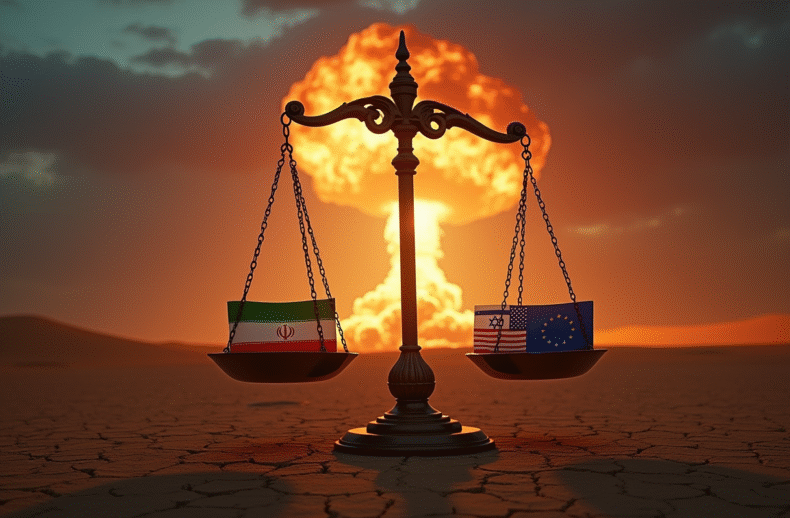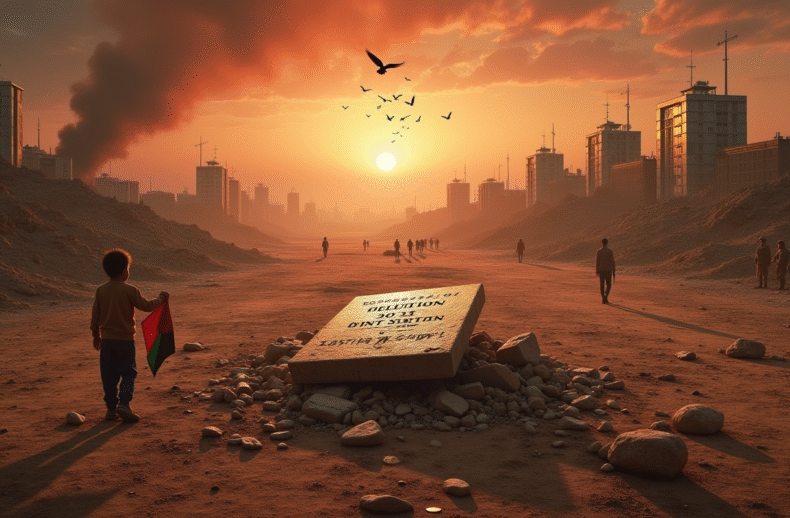The Gaza conflict is not unsolved because leaders lack clever plans, but because human brains are wired to turn every plan into a battlefield for dignity. Israel and the U.S. want closure through decisive control, Hamas thrives on endless struggle, international do-gooders seek moral recognition, and the Palestinian people remain victims caught between these forces. The hidden mechanism is the Demand for Recognition (DfR) — an unconscious neural bias that bends every prediction of “what to do next” toward preserving pride and avoiding humiliation. As long as DfR drives decision-making, Gaza will remain trapped in a cycle of violence, where strength creates erasure, resistance creates survival, and peace is always postponed.




